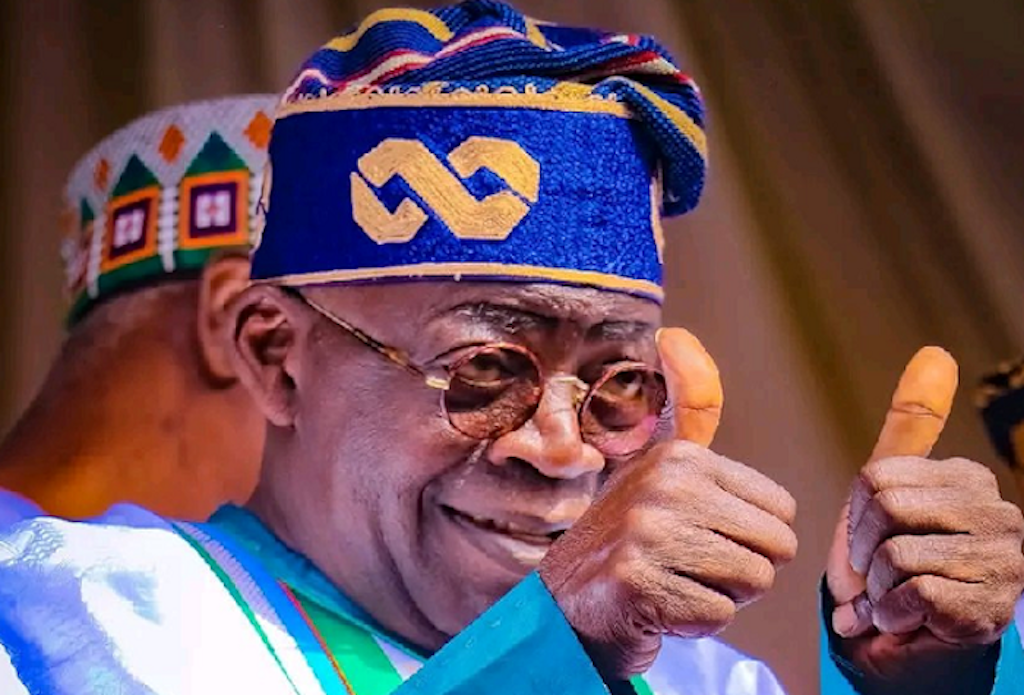By Ismaeel Aleem
The All Progressives Congress (APC) has hailed President Bola Tinubu’s economic reforms, citing global validation from the World Bank and the International Monetary Fund (IMF) as evidence of Nigeria’s trajectory towards unprecedented prosperity.
In a statement issued on 15 October 2025 by National Publicity Secretary Felix Morka, CON, the APC celebrated the reforms for fostering diversification, inclusive growth, and job creation, marking a departure from Nigeria’s historical reliance on volatile oil revenues.
The statement highlighted Nigeria’s robust economic performance, with Q2 2025 GDP growth reaching 4.23 per cent, surpassing the IMF’s initial 3.4 per cent forecast.
The IMF has since revised Nigeria’s growth projections to 3.9 per cent for 2025 and 4.2 per cent for 2026, while the World Bank predicts an acceleration to 4.4 per cent by 2027, driven by non-oil sectors such as agriculture, services, and manufacturing.
This growth stands out against a slowing global economy, with the World Bank forecasting global growth to decline from 3.3 per cent in 2024 to 3.1 per cent in 2026, and advanced economies growing at a modest 1.5 per cent.
“President Tinubu’s visionary leadership has placed Nigeria as a standout performer,” Morka stated, crediting market-based reforms for sparking productivity and diversification.
Notable achievements include trade surpluses rising by 44.3 per cent to ₦7.46 trillion in Q2 2025, non-oil revenue increasing by 40.5 per cent to ₦20.59 trillion from January to August 2025, and the Nigerian Customs Service exceeding its revenue target by ₦390 billion, collecting ₦3.68 trillion.
The administration’s termination of Ways and Means financing, enhanced fiscal transparency, and harmonised exchange rates have stabilised the naira and reduced inflation to 20.1%, despite global oil price volatility.
The APC acknowledged persistent challenges, including food inflation, with poor households spending up to 70 per cent of their income on food, and poverty levels projected to reach 61% in 2025, affecting 139 million Nigerians.
However, the World Bank anticipates a modest decline in poverty by 2027, driven by agricultural productivity initiatives and expanded social protection programmes.
The government’s investments in infrastructure and public services further bolster optimism for inclusive growth.
Morka dismissed criticisms from the opposition as “self-serving and gloomy,” asserting that Tinubu’s focus remains on building a prosperous Nigeria.
With foreign direct investment commitments, such as $300 billion from Qatari investors, the APC expressed confidence in surpassing the World Bank’s projections.
The party urged Nigerians to support Tinubu’s re-election in 2027, framing it as a vote for sustained national renewal and prosperity.



